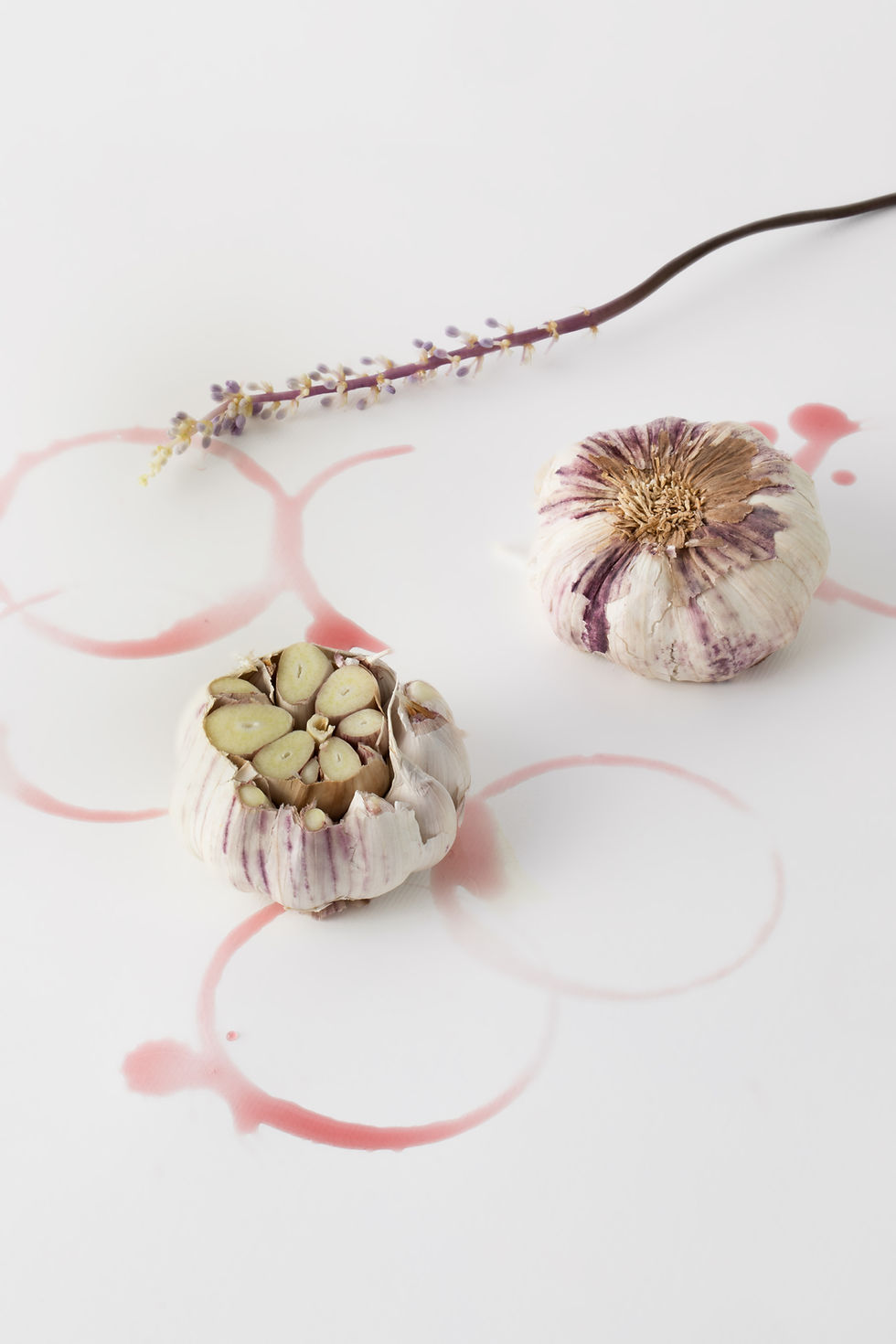Vitamin K and Wrestling
- Keep Kids Wrestling Non-Profit
- May 17, 2025
- 4 min read
The Underrated Nutrient That Helps Wrestlers Stay Strong
When we think about the nutrients young wrestlers need, we often focus on protein, carbs, and hydration. But there’s one essential vitamin that often gets overlooked—vitamin K. While it may not be as well-known as vitamins C or D, vitamin K plays a powerful role in keeping a wrestler’s body functioning smoothly, especially when it comes to bone health, blood clotting, and recovery.

In a sport where bruises, mat burns, and physical stress are part of daily life, making sure your athlete gets enough vitamin K can make a noticeable difference. In this blog, we’ll explore what vitamin K does, where it comes from, and why it’s so important—especially for wrestlers who are managing their weight.
What Is Vitamin K and What Does It Do in the Body?
Vitamin K is a fat-soluble vitamin, meaning it is stored in the body’s fat tissues and used as needed. There are two main types:
Vitamin K1 (phylloquinone), found in leafy greens and plant foods.
Vitamin K2 (menaquinone), found in fermented foods and produced by some gut bacteria.
The primary role of vitamin K is to help the body:
Clot blood properly so cuts, scrapes, and internal injuries don’t lead to excessive bleeding.
Strengthen and maintain healthy bones by working with calcium.
Regulate calcium in the blood and tissues, helping to keep arteries and joints healthy.
For wrestlers, especially those training hard and sustaining minor injuries, vitamin K is critical to staying healthy and resilient.
Health Benefits of Vitamin K for Wrestlers
1. Faster Healing and Blood Clotting
Wrestling comes with bruises, nosebleeds, and skin abrasions. Vitamin K helps the blood clot at the site of injury, speeding up healing and reducing the risk of prolonged bleeding.
2. Stronger Bones
Vitamin K works with calcium and vitamin D to build and protect bones—especially important for wrestlers during growth spurts or heavy training. Athletes low in vitamin K may be at greater risk for stress fractures or joint issues over time.
3. Muscle and Joint Protection
By regulating calcium in the soft tissues, vitamin K helps prevent stiffness, cramps, and joint discomfort, keeping wrestlers moving freely and comfortably through training and matches.
Signs of Vitamin K Deficiency
Vitamin K deficiency is rare in healthy kids, but it can happen—especially in athletes with restrictive diets or digestive issues. Signs include:
Frequent nosebleeds or excessive bruising
Slow healing cuts or persistent bleeding
Gum bleeding
Weakened bones or increased injury risk
Heavy menstrual bleeding in female athletes
In wrestlers, a deficiency might look like constant bruising, slow mat burn healing, or unexplained soreness.
Can You Get Too Much Vitamin K? (Toxicity Symptoms)
There is no known toxicity from natural food sources of vitamin K, and toxicity from supplements is extremely rare. However, large doses of synthetic vitamin K supplements may cause:
Flushing
Sweating
Dizziness
In rare cases, liver damage
For most young wrestlers, getting vitamin K from whole foods is more than enough.
How Much Vitamin K Do Wrestlers Need?
The Recommended Daily Allowance (RDA) for vitamin K is:
Around 75 micrograms (mcg) for teens (14–18 years old)
Around 120 mcg for adult males
Around 90 mcg for adult females
Wrestlers may need even more if their diets are low in fat (which affects absorption) or if they’re cutting calories.
Best Food Sources of Vitamin K
Vitamin K is most commonly found in leafy greens and green vegetables, but it’s also available in other sources. Here are some top foods rich in vitamin K:
Kale
Spinach
Broccoli
Brussels sprouts
Cabbage
Lettuce
Green beans
Egg yolks
Natto (fermented soybeans)
Cheese
Liver
Tip: Because vitamin K is fat-soluble, it’s best absorbed when eaten with a small amount of healthy fat (like olive oil or avocado).
How Cutting Weight Can Affect Vitamin K Levels
Wrestlers trying to make weight often cut calories, reduce fat intake, or avoid food groups. Unfortunately, vitamin K-rich foods like leafy greens and eggs are often the first to go, especially when wrestlers opt for fast, low-carb weight cuts.

Additionally, eating a very low-fat diet can reduce the absorption of vitamin K, even if the food is consumed.
To prevent issues:
Include green vegetables and healthy fats even during a cut.
Avoid extreme crash dieting, which can cause vitamin imbalances.
Consider a multivitamin with vitamin K only if advised by a doctor or nutritionist.
Smart weight management should always include smart nutrition—because strong bones, fast healing, and healthy joints are part of what make a successful season possible.
All of that just to say...
Vitamin K might not get much attention, but it quietly supports the foundation of every young wrestler’s health. It protects their bones, helps them recover faster, and ensures their body can bounce back after every match.
If your child is cutting weight or dealing with frequent bruises, fatigue, or soreness, it might be time to check their vitamin K intake. A diet rich in leafy greens, eggs, and healthy fats is an easy way to ensure your wrestler stays strong and resilient all season long.
Because in wrestling, it’s not just about pushing hard—it’s about fueling smart.


Comments